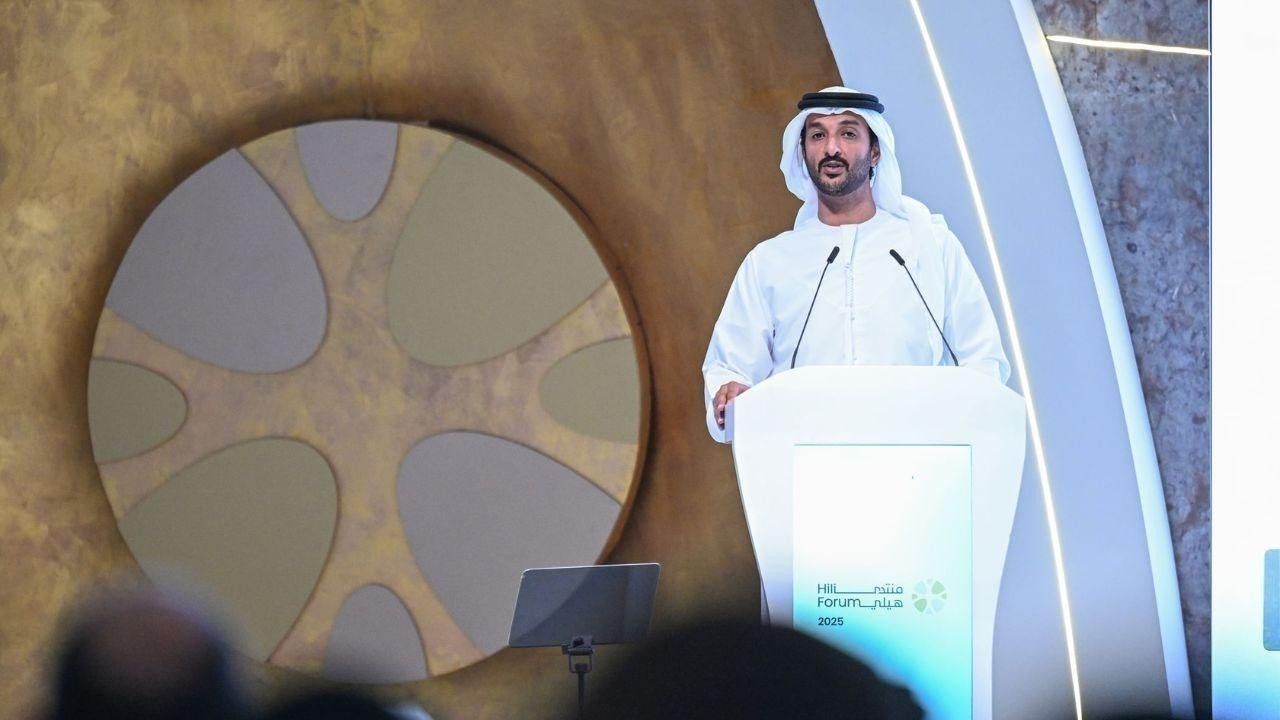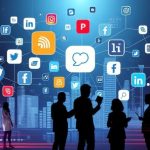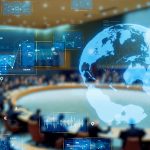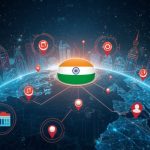Introduction
The world stands at a digital crossroads where global political tensions, rapid technological innovation, and escalating celebrity influence intersect to redefine modern power structures. These forces are pushing societies into a new era where information travels faster than diplomacy, public reaction outpaces policy implementation, and technology becomes the silent architect of global decisions.
As nations navigate conflict, corporations push technological boundaries, and cultural icons sway international conversations, the balance of global influence has shifted dramatically. This transformation is creating an ecosystem where digital authority, public perception, and geopolitical ambition converge with unprecedented intensity.
Technology and the Rise of Global Influence
The pace of technological advancement is altering how countries project influence, build alliances, and prepare for future conflicts. Artificial intelligence, cybersecurity frameworks, satellite communication, and autonomous systems now play critical roles in national strategy, signaling a shift from traditional military power to technological dominance.
Governments recognize that innovation is not optional but essential. Nations with advanced digital infrastructure gain negotiating leverage, global relevance, and economic strength. Meanwhile, countries lagging behind struggle to remain competitive in a world increasingly governed by technology-driven solutions that affect diplomacy, defense, and development.
Celebrities as Digital Activists in the New Era
Celebrities have become influential voices in global conversations as they use digital platforms to advocate for political, humanitarian, and technological issues. Their reach transforms personal opinions into international debates, often shaping public sentiment more decisively than formal institutions.
This form of digital activism introduces both strength and uncertainty. While many celebrities use their platforms responsibly to highlight human rights, climate issues, or technological ethics, others generate polarized narratives that oversimplify complex global topics. In a world where influence equals reach, celebrity voices now serve as powerful instruments in shaping political and social awareness.
Political Reactions to the Digital Economy
The digital economy’s evolution has redefined how political systems operate. Governments are updating policies to manage digital currencies, regulate cross-border data movement, and enforce cybersecurity standards. These changes reflect a world where economic growth depends on digital adaptability rather than traditional industrial output.
However, the digital economy also exposes vulnerabilities. Nations face challenges in balancing innovation with regulation as tech companies expand their global influence. Policymakers must now protect citizens from data misuse, economic exploitation, and digital monopolies, all while supporting growth in an increasingly borderless marketplace.
The Global Impact of AI and Social Media
Artificial intelligence and social media platforms have become the largest influencers of human behavior, shaping public discourse and guiding political conversations. Algorithms determine what information users receive, while AI-driven analytics help governments forecast crises, monitor security threats, and streamline decision-making.
This immense power raises concerns surrounding misinformation, privacy, and social manipulation. The rapid spread of digitally curated narratives can escalate political tensions, influence elections, and alter public perception of global events. As AI-driven technologies expand, societies must confront the delicate balance between innovation and public integrity.
Innovation Meets Diplomacy: The New World Order
Digital diplomacy has emerged as one of the most powerful tools in shaping international relations. Nations negotiate over cybersecurity agreements, tech exports, data-sharing rules, and global AI standards, understanding that future alliances depend on digital compatibility more than geographical boundaries.
This new world order prioritizes technological leadership as a form of diplomatic strength. Countries investing in AI safety, quantum technology, and digital infrastructure strengthen their global standing. As diplomatic strategies evolve, innovation becomes the defining element of national power in an increasingly interconnected world.
Entertainment, Ethics, and Influence in the Tech Age
The integration of entertainment and technology has reshaped cultural influence, allowing digital creators and public figures to shape political narratives through storytelling, livestreams, and algorithmic amplification. The merging of entertainment with global news has blurred lines between information and performance.
This fusion demands greater ethical responsibility from content creators and tech platforms. With audiences relying heavily on digital entertainment for cultural and political context, the integrity of narratives becomes critical to maintaining trust in a rapidly evolving digital environment.
FAQs
How does technology influence global politics today?
Technology shapes military planning, economic strategy, and diplomatic negotiations, making digital capability a core element of national power.
Why are celebrities becoming major political voices?
Their enormous online followings allow them to influence global debates instantly, shaping public sentiment across cultural and geographic boundaries.
How is the digital economy redefining governance?
Governments must adapt policies for online markets, data protection, and digital currencies while balancing innovation with regulation.
What risks arise from AI and social media dominance?
They accelerate misinformation, create privacy concerns, and influence political behavior through algorithmic content distribution.
Why is digital diplomacy important in modern geopolitics?
Nations rely on tech partnerships and cybersecurity agreements to maintain global stability and align their digital infrastructure with allies.
Conclusion
The convergence of global conflict, technological innovation, and celebrity influence has produced a complex ecosystem where power is increasingly determined by digital capability and public perception. These forces shape political strategies, public awareness, and international relationships with growing intensity.
As the world moves deeper into this era, responsible leadership and ethical digital governance will be essential. The choices made today will determine whether technological progress strengthens global unity or intensifies political and social divisions.





